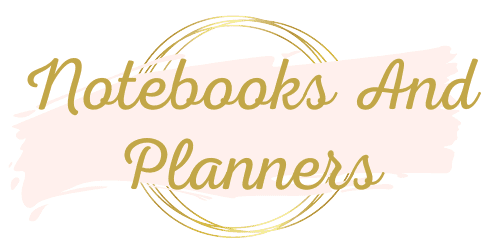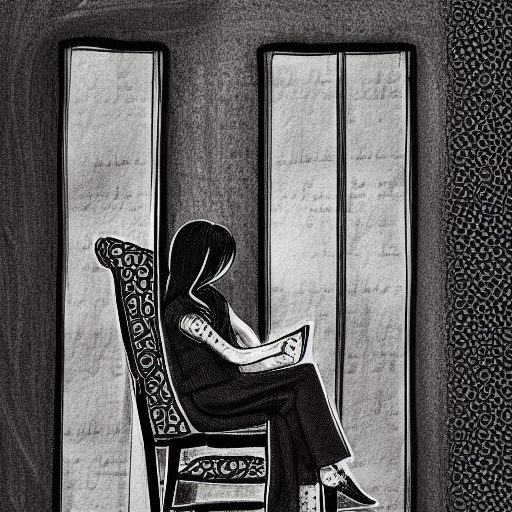We all face problems at some point in our lives. Whether it’s a difficult decision to make or a challenge that seems insurmountable, it’s crucial to approach these hurdles with a critical mindset or else we can react irrationally and irresponsibly.
That’s where journaling comes in. By putting pen to paper, we can explore our thoughts and feelings in a safe and non-judgmental space.
Journal prompts can be a powerful tool in guiding us toward deeper insights and helping us think critically about the problems at hand.
So grab a notebook and a pen, and let’s explore some of the best journal prompts to help you tackle those obstacles!
10 Journal Prompt To Help You Think More Critically
1. How can I take a more critical approach to solving this problem?
This simple question can help shift your mindset away from a purely intuitive or emotional response and toward a more focused, analytical one.
By intentionally considering different angles and approaching the problem from multiple perspectives, you can increase your chances of finding a successful solution.
2. What possible implications does this situation have for the future?
This question encourages us to look beyond the present moment and consider the potential consequences of our actions. By doing so, we become more mindful and strategic in the decisions we make, both in our personal lives and in wider contexts.
When we take a step back and consider all possible outcomes of a situation, we become more equipped to make informed choices that will benefit ourselves and those around us in the long run.
Ultimately, learning to ask this question is a key step toward becoming a more proactive and forward-thinking individual.
3. How did I arrive at my current perspective on the issue?
This question encourages us to look at our past experiences, education, and influences that have molded our beliefs. Through this introspection, we can gain a better understanding of why we believe what we do and whether there may be room for growth or change.
So, the next time you are challenged on your stance, take a moment to ask yourself how you came to hold that position. Who knows, you may learn something new about yourself and the world around you.
4. What steps can I take to ensure a more thorough and objective evaluation of the situation?
By asking yourself this question, you’re forcing yourself to approach the situation from a fresh perspective. It’s easy to get caught up in your own biases and assumptions, but asking this question helps you take a step back and consider all of the different angles. It’s a powerful tool that can lead to deeper understanding and greater insight.
5. What information or resources do I need to be able to make an informed decision?
By actively seeking out the information and resources needed, we open ourselves up to different perspectives and viewpoints. It allows us to expand our understanding of the issue at hand and consider a wider range of options.
Asking this question forces us to think critically and challenge our existing assumptions. Instead of settling for the first answer that comes to mind, we take the time to do research and gather evidence to support our decision-making process.
By being intentional about what we need to know, we become more informed and confident in the decisions we make.
6. What other perspectives could help me gain a better understanding of the issue?
This question encourages us to look beyond our own biases and preconceptions and seek alternative viewpoints to gain a more comprehensive understanding of the issue at hand.
It also allows us to engage in productive conversations with others, whether it’s through debate, sharing experiences, or just listening to different perspectives.
Ultimately, by adopting this mindset, we can become better critical thinkers and decision-makers in both our personal and professional lives.
7. How have similar situations been handled in the past, and what lessons can I learn from them?
By taking a step back and looking at similar situations throughout history, we can learn from the triumphs and mistakes of those who have come before us.
This kind of critical thinking can help us avoid pitfalls and overcome obstacles, ultimately enabling us to achieve our goals and succeed in whatever we set out to do.
8. What would happen if nothing is done to resolve this issue?
This simple question can be a game-changer in helping you think critically. By asking this question, you’re forcing yourself to consider all the possible outcomes if the problem is left unattended.
This not only helps you identify the severity of the problem but also motivates you to take action toward finding a solution.
9. How can I ensure that my decisions are unbiased by personal bias and emotion?
This question forces us to examine our own biases and emotions and to become more aware of how they might affect our decision-making.
By doing so, we become more open-minded and able to make decisions based solely on the facts and evidence at hand.
10. What other solutions might be viable options for this problem?
Asking the question “What other solutions might be viable options for this problem?” has proven to be a game-changer for me when it comes to critical thinking.
By widening my perspective and encouraging me to explore new possibilities, I’ve been able to come up with more innovative and efficient solutions to various problems.
This question also forces me to consider all angles of the problem rather than just sticking to my initial thought process. When I challenge myself to think outside the box, I’m able to come up with solutions that I might not have otherwise considered.
It creates opportunities for growth and development, both in my personal and professional life.
Asking this question simply puts my brain into overdrive, resulting in a more comprehensive and thought-out solution to whatever problem I’m facing.





